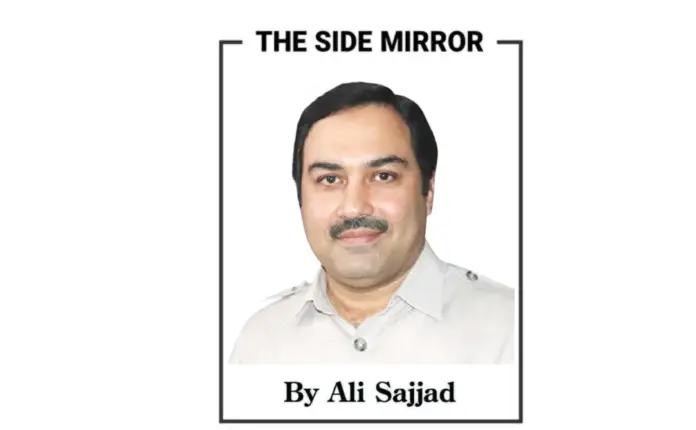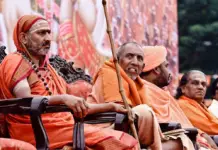Every time a bad thing happens in our part of the world, as a nation we stand united to condemn the happening and keep condemning it, and then move on when we find a reason to condemn another happening.
The frequency of such happenings has made us ‘hardened’. Or better call it frightened. The recent mob lynching in Sialkot has left an indelible mark on all of us.
Sialkot has seen enough share of ‘mob justice’. This ‘mob justice’ had better be called a hired assassin who is after every one of us.
Imagine. If a psychopath, with an ability to manipulate a mob, shouts at you in the public accusing you of blasphemy or murder or theft.
Does the situation, wrapped in a stark reality, leave visible traces of fear and anxiety in you?
Well, ‘mob justice’ has gained its roots in our cities. Let me build the case.
Keep on counting: The public lynching of the Sri Lankan manager now and of two brothers in 2010 in Sialkot; the public death of Mashaal Khan; the ‘gherao’ (encirclement) of a police station in Charsadda to harm a blasphemy accused; the killing of a miller in Sheikhupura and the public stripping of two women in Shehr Sultan. All these mob court proceedings have happened in recent years.
Why does ‘mob justice’ happen in the first place?
These are the signs of collective public anger, that mainly comes out of hunger. Religious and sectarian factions exploit these sentiments towards their vested interests.
Social scientists tell that the dynamics of society and individuals’ behaviour are shaped on the basis of six basic human needs – food, shelter, clothing, security, health and education.
If these needs are met, individuals go further for other higher needs, such as social loving relationships, respect in society and the need to attain the maximum potential of one’s abilities. These higher needs are pre-requisite for peace of mind and tranquility of heart, an ultimate goal of every human being.
When we talk about essential or higher needs, here comes the role of state and the media.
When a state fails to meet these needs, it’s the recipe for disaster.
Imagine a family suffering from hunger and disease, has no proper house, is not sure about security of the family members leaving the house and is living in constant fear of unnatural death. I am afraid this sounds familiar to a majority in our society.
The people who are not able to meet even a single one of these needs are prone to develop frustration, anger, anxiety, depression and fear, and under the extreme pressure of these negative emotions, people can turn to jungle law.
The mob beating the Sri Lankan manager in Sialkot should be seen in the context of jungle law, which in soft words can be called street justice.
The jungle law breaks society down into smaller tribes on animals’ instinct. Animals live in bunches where everyone wants be a top dog through their brutal strength.
The mob is always unpredictable and the Sialkot incident sends shivers down the spine of every man, as any potential conflict on the street can turn ugly.
Most of us are even afraid of thinking about this possibility, leave alone finding ways to control street justice trends.
As the space for this column is reaching its end point, let us find a recipe to stem street justice. State agencies implementing laws and dispensing justice would have to be dead professional and corruption-free. While state should try to meet basic and higher needs of individuals, every one of us should try to manage our anger and frustration through stress-control techniques and these things should be made part of curriculum.
What should be the role of media in the fight against public anger? I am leaving this question to my readers. Please guide us.







